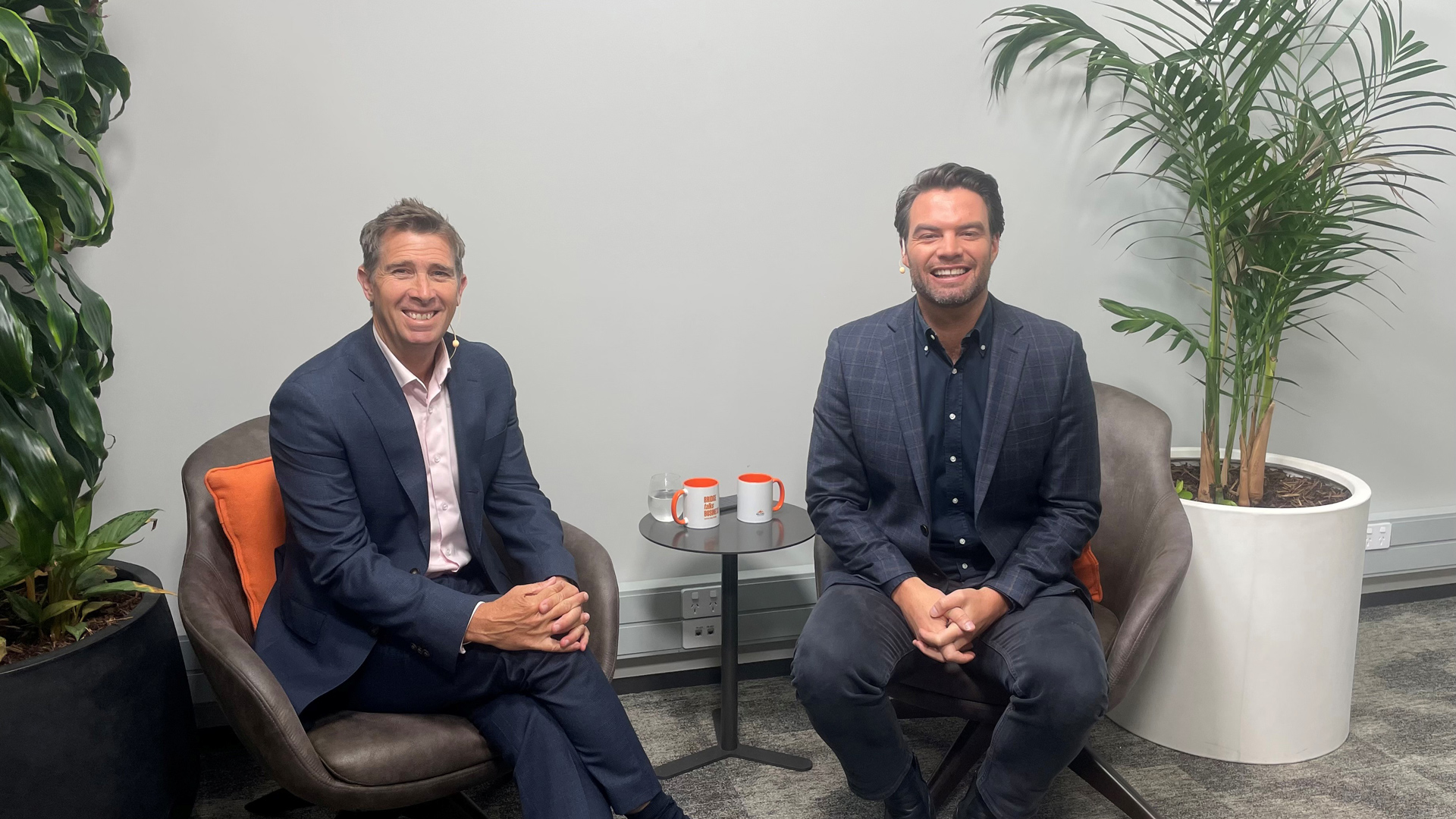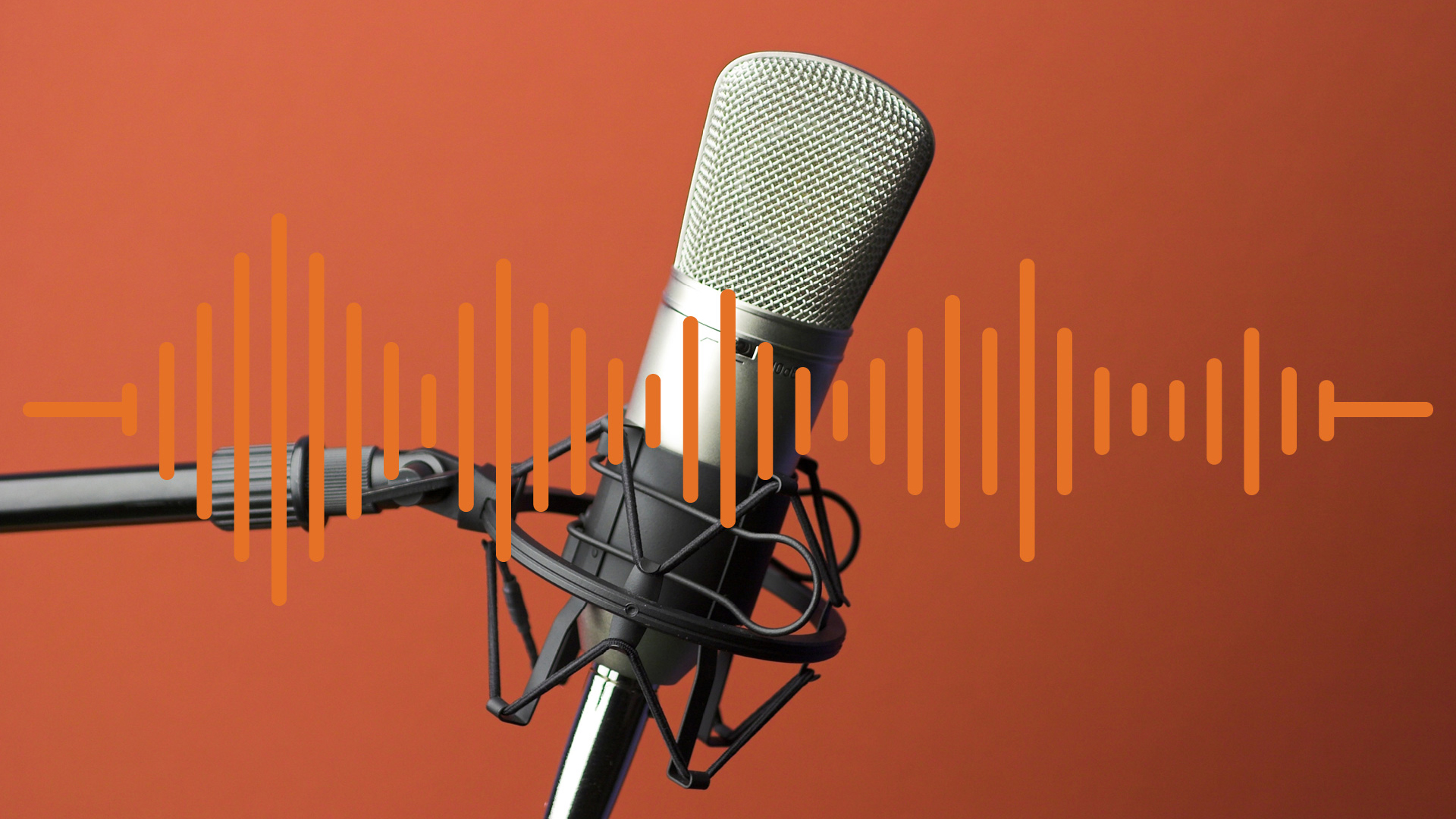Two big changes are about to make KiwiSaver more rewarding for young people, and they could have a lasting impact. Whether your teenager works part-time or casually, now’s the time to think about how they can start building long-term financial habits and get ahead.
What’s changing?
Up until now, teens haven’t had access to the full benefits of KiwiSaver. That’s about to change:
1. Government contributions
From 1 July 2025, 16 and 17-year-olds who meet the eligibility criteria can now receive government contributions towards their KiwiSaver account. For every dollar they contribute to their account up to $1,042.86 over a year, they’ll receive 25 cents, or up to $260.72 annually from the government.
2. Employer contributions
From 1 April 2026, employers will also need to contribute to their 16 and 17-year-old employees’ KiwiSaver at the rate of 3.5% of their salary or wages.
This applies to part-time, casual, or after-school jobs – meaning most working teens will now have even more reason to join KiwiSaver.
Why this matters for parents
At 16, retirement sounds light years away. Even buying a first home might not be on their radar. But that’s where you come in. Encouraging your teen to join KiwiSaver and start contributing could be one of the best financial moves they’ll ever make.
Time is a powerful tool in investing. The earlier they start, the more their savings can grow – especially with the boost from government and employer contributions. It also helps set up solid money habits that can carry them through adulthood.
Let’s say your teen earns $15,000 a year working part-time. On top of their regular employee contributions at the minimum contribution rate of 3.5% from 1 April 2026, they could receive:
• $260.72 per year from the government
• $525 (before tax) per year from their employer
That’s more than $1,500 in just two years in addition to their employee contributions – before any investment gains are factored in. Even better, from 1 April 2028, minimum contribution rates rise to 4% for both the employee and the employer – and higher contributions mean greater savings over time.
Start small, think big
These changes are a great opportunity to start the conversation at home. Sit down with your teen and explain how KiwiSaver works, what compounding returns mean, and why starting their investment journey early can give them an edge. Even small, regular contributions can grow into something significant over time.
Learn more at milfordasset.com or speak to one of our KiwiSaver experts today.
Want more investment insights? Check out Milford’s The Investing Place for exclusive masterclass content, news, and opinion pieces.


